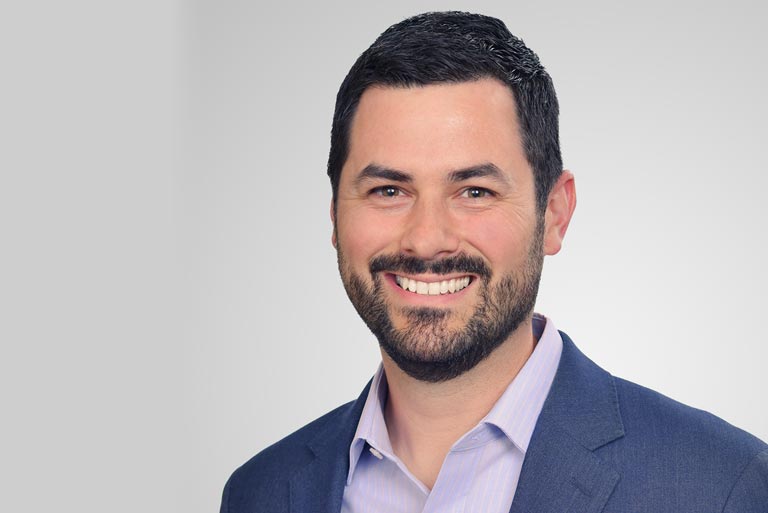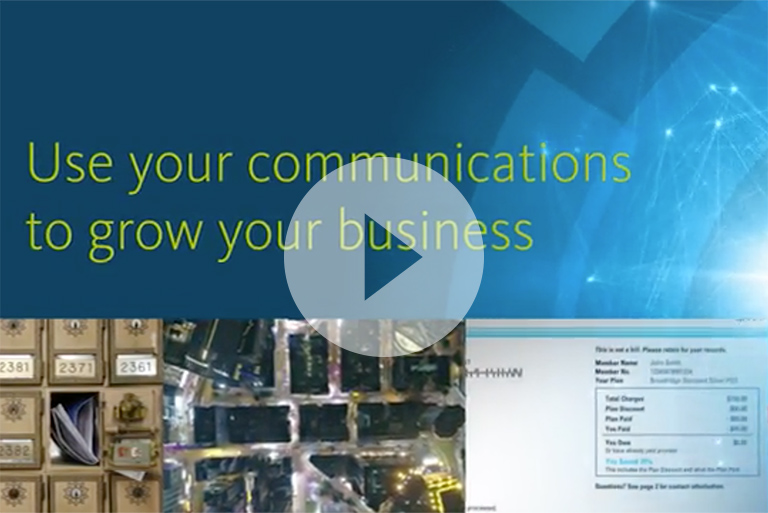Episode 28: “Driving Success” with Garin Toren, CEO and Founder of ping
Garin Toren, CEO and Founder of ping, a message service that automatically reads incoming communications out loud, allowing you to drive, work, and play safely and productively, sits down with Matt Swain in this episode of Reimagining Communications.
Pushing Push Communications in the U.S.: “Going back a good 15 years now, there was no push communication at all in the United States, and, to this day, I can't understand why it hasn't just exploded. Username and passwords have always been incredibly frustrating and they get more frustrating every single year, especially with the two or three major data breaches that have happened. The majority of communications from a bank, credit card company, utility or a telco is simply something that the user wants to receive. They don't want to have to go and fetch it. It's a frustrating experience. It's not mobile-friendly. While push communication has been growing dramatically globally, here it's still very much in its infancy 15 years later.”
Make Digital Require Nothing: “I'm looking at a statement on the website. Maybe I can download it to my phone. Now, how do I get it from my phone to my folder on my desktop? I can't really. When I get back to my computer, I've got to log into a website and download it to my local computer. I've maybe done 15 or 20 clicks to get to the same result of having a PDF of my statement. This is the amount of effort that the customer has to go through to get what they want, and this is why arguably 80% of customers are still getting a paper statement until the electronic world becomes as easy as doing nothing.”
Problem Solved: “I sold most of my equity in Striata in 2014 and I took about a year off. During that time, I encountered a personal problem. I could simply not get behind the wheel for more than five minutes without checking my phone. I just realized I had this huge need, and ping was born because I discovered that everybody has this problem. This is a technology problem that is not going to be solved by signing a pledge. The organizations that are promoting these abstinence things are fighting human nature, and if you fight human nature, you're going to lose every single time. We've seen the accelerating distracted driving deaths and crashes. They estimate that an under reported 25% of road fatalities are caused directly by smartphone usage. If you want your phone to be off, there's lots of ways to turn it off. What the driver wants is their messages and their email, and they want them while they're driving… it's simply because they cannot control themselves. We give the driver the ability to send an autoresponder or, with a single eyes-free tap, they can call the person that has texted them and message them if they want to. We're giving them their messages in a safe and legal fashion and then reducing the fear of missing out.”
All-things Smart: “About two weeks ago, we became the first Alexa skill to be approved by Amazon. The ping Alexa skill will be the first time that Alexa users can get their messages through their Alexa device. That's important for around the house, of course, but Alexa is moving into the vehicles as well. Our goal with ping is to become the messaging platform for everything smart, whether it be a smart car or a smart home. It can't be smart if it can't give you your messages.”
Driving the Success of ping: “The goal of ping is to get a drive mode onto every single device in the world. You have airplane mode, you should have drive mode. By default, it should go into drive mode, and it should read 15 seconds of each message and email that you've set up while you're driving. If we can get it into the native operating system and into the virtual assistants with everybody having drive mode, we think we could significantly impact distracted driving.”
Simplify the Future: “We're seeing the migration from SMS and text to WhatsApp and Telegram, those kind of internet-based messaging apps. I think you will see that trend continue. I think that email will continue to be the dominant channel, certainly in business. We're seeing a lot of intelligence around email. I don't want to call it AI, but I think business rules and machine learning about parsing content will make email easier to absorb and respond to. I know that Bill Gates spoke about the end of spam. I think we are truly reaching a point now where spam is in its final days. I think there is definitely a huge trend and an accelerating one around Slack; we've used Slack for a long time. It's not like it took away the email. So, I think you've got an ever-expanding plethora of messaging and communication types. The good news is that the ability to handle that wide range of messaging will become easier.”
Never miss an episode: Click the icon to subscribe to the Reimagining Communications podcast on the channel of your choice.












